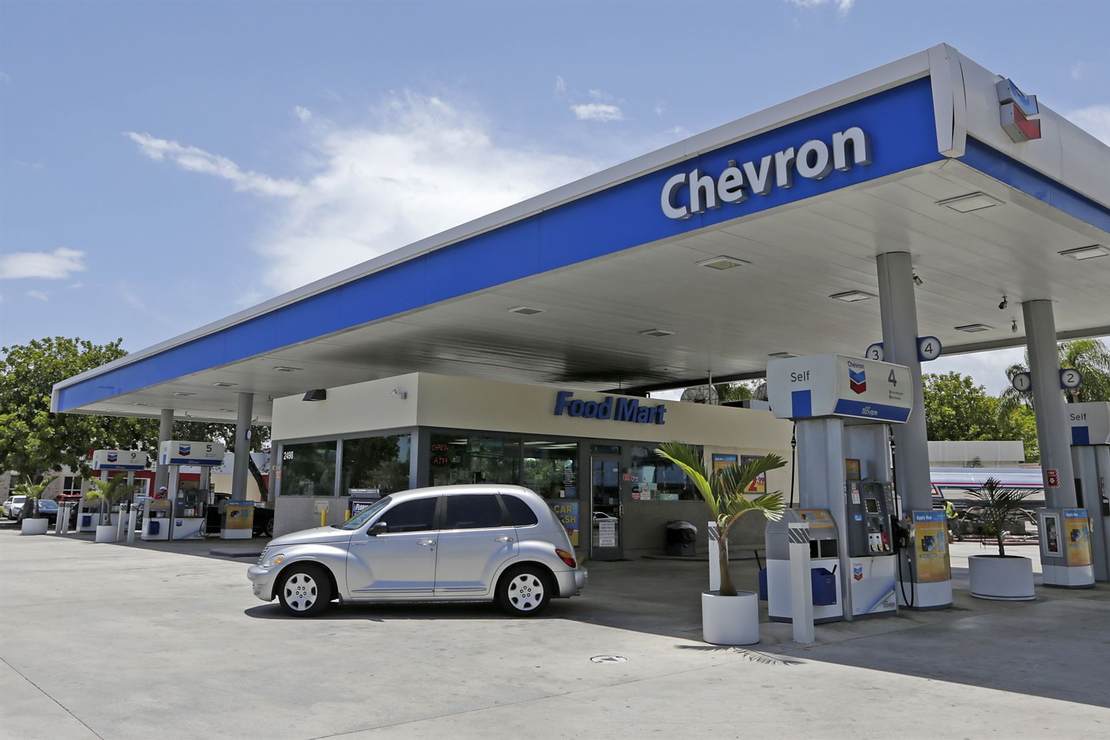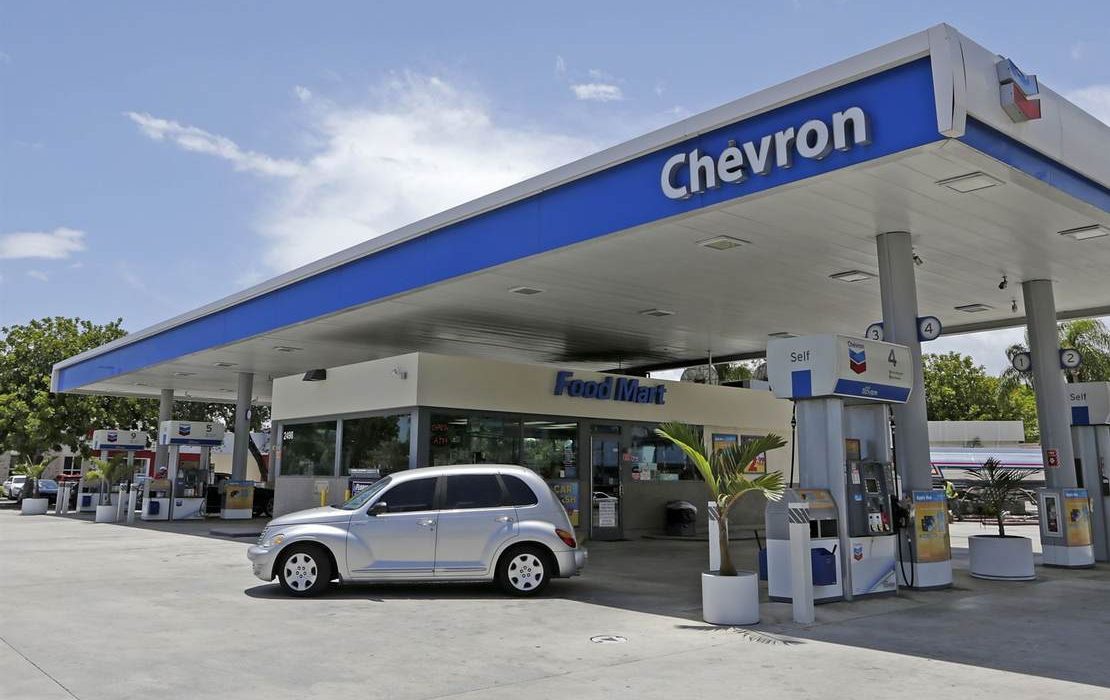
The Associated Press reports that the Joe Biden administration has moved to ease oil sanctions on Venezuela.
The move is part of U.S. support for the long-stalled joint talks resuming between the dictatorial Maduro regime and opposition leaders, as both sides seek to help right a nation in chaos.
The Biden administration is easing some oil sanctions on Venezuela in an effort to support newly restarted negotiations between the Venezuelan government and its opposition. It will allow Chevron to resume “limited” energy production in the country. https://t.co/uPcmrp0lcw
— The Associated Press (@AP) November 26, 2022
WASHINGTON (AP) — The Biden administration on Saturday eased some oil sanctions on Venezuela in an effort to support newly restarted negotiations between President Nicolás Maduro’s government and its opposition.
The Treasury Department is allowing Chevron to resume “limited” energy production in Venezuela after years of sanctions that have dramatically curtailed oil and gas profits that have flowed to Maduro’s government. Earlier this year the Treasury Department again allowed the California-based Chevron and other U.S. companies to perform basic upkeep of wells it operates jointly with state-run oil giant PDVSA.
Under the new policy, profits from the sale of energy would be directed to paying down debt owed to Chevron, rather than providing profits to PDVSA.
Talks between the Maduro government and the “Unitary Platform” resumed in Mexico City on Saturday after more than a yearlong pause. It remained to be seen whether they would take a different course from previous rounds of negotiations that have not brought relief to the political stalemate in the country.
The Washington Times has more details on the negotiations:
The authorization comes after the Venezuelan government and its political opposition announced Saturday plans to implement a $3 billion humanitarian program using funds unfrozen by the U.S.
As part of that agreement, both sides will resume talks next month in Mexico City to develop a framework to usher in political changes, including potentially holding presidential elections by 2024.
At first glance, this new policy looks like it would help ease the pinch at the pump and reduce potential, soaring winter heating oil prices for consumers, but both a Biden administration official and an Chevron’s CEO say it’s unlikely.
The Washington Times:
The senior administration official disputed that the move was aimed at lowering soaring energy costs as the U.S. heads into the winter. Instead, the official said, the U.S. was providing sanctions relief because the Venezuelan government was taking “concrete steps that alleviate the suffering of the Venezuelan people and support the restoration of democracy.”
Chevron expanded license “is not something that is going to impact international oil prices,” the official said. “It is about Venezuela and a policy about supporting a peaceful, negotiated outcome to a political, humanitarian, and economic outcome in Venezuela today.”
…
But Chevron Chief Executive Mike Wirth cautioned that his company would need months or, possibly years, to refurbish Venezuela’s dilapidated oil fields to resume production.
“It wouldn’t be an instantaneous effect,” he told Bloomberg television about the possibility of resuming oil production in Venezuela.
Even if this isn’t expected to change prices soon, it’s something we’ll keep an eye on.
Trending on Redstate Video



